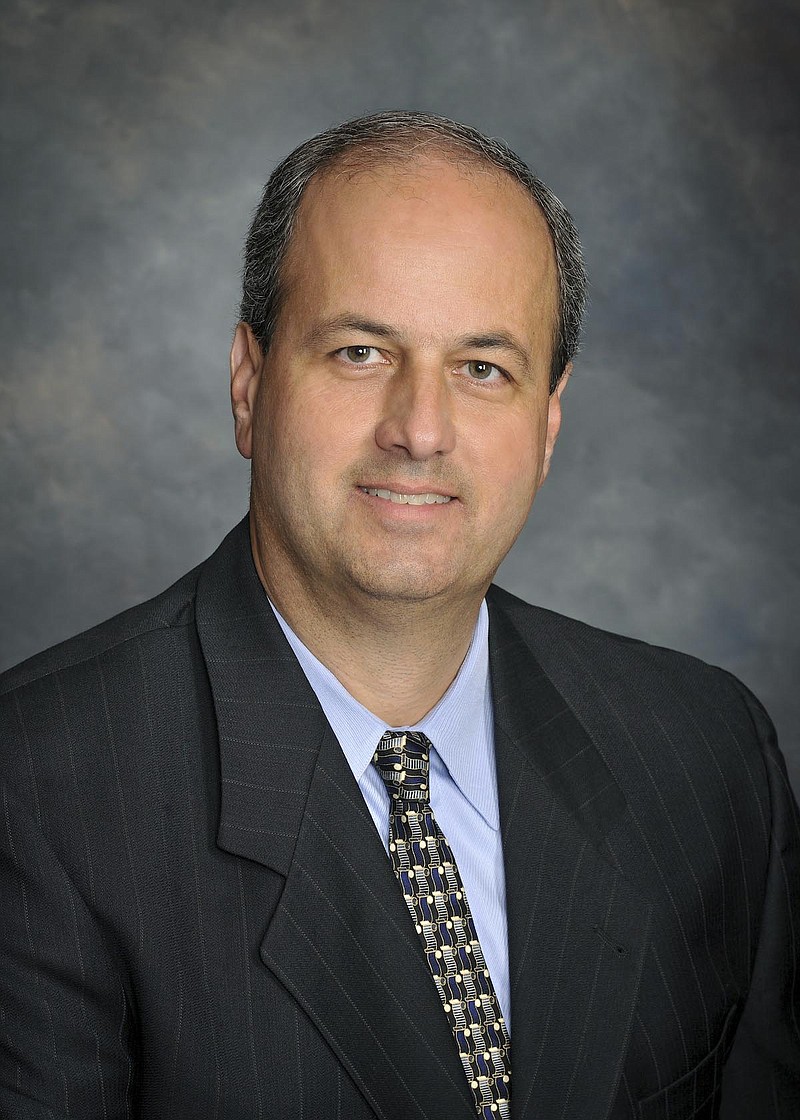A $176,000 purchase of sewer monitoring equipment should allow the Walker County Water and Sewer Authority to better track where breaks and gaps occur in the system, enabling quicker repairs and less infiltration of stormwater into the sewer lines.
The purchase was approved unanimously by the authority during their April 18 meeting, and comes on the heels of the Moccasin Bend Wastewater Treatment Plant changing how they calculate the costs of processing the authority's sewerage. Previously, the plant charged on what the authority had sold its customers during a given month, Chairman and Walker County Commissioner Shannon Whitfield said.
Now, the plant will soon be charging based on the total flow of what they receive to process, which includes any stormwater that infiltrated the sewer system. Whitfield said Moccasin Bend had planned to initiate the change in January, but David Ashburn, the general manager of the authority, had negotiated a six-month extension.
According to Whitfield, in the month of March, authority customers used around 12 million gallons of sewage, but Moccasin Bend received nearly 76 million gallons. The 64 million gallon difference came from the heavy rains that month that leeched into the sewer system through cracks and gaps in the piping. In addition, those additional 64 million gallons would have cost the authority over $110,000 in processing fees if they hadn't gotten the extension from Moccasin Bend.
"Previously, Moccasin Bend was just charging off what we sold, so while we did some work on infiltration issues, it wasn't a pressing priority," said Whitfield, adding that the newly approved purchase will be installed in the coming weeks before the bill calculation changes occur.
Michael Patrick, director of the Moccasin Bend facility, said the plant has to bill based on their expenses to their regional customers.
"If we're having to treat 76 million gallons of sewer but requiring to be paid for 12, that's not a good situation for us," said Patrick.
The purchase of monitoring equipment and software will help the authority more quickly and efficiently solve large infiltration problems, Whitfield said. The equipment will be installed in a grid along 12 points in the sewer system, will measure sewer levels via laser, and will relay up-to-date information back to the authority for them to accurately determine the location of infiltration. By fixing infiltration issues, the authority hopes to reduce how much extra Moccasin Bend would otherwise have to charge them.
The purchase also comes one meeting after the authority voted to raise both commercial and residential customers' rates. That increase was to help fund a project to replace aging pipes along 30 different roads, updating them from 1 inch and 1 1/2 inch galvanized pipe to 6 inch plastic pipe. The more they repair the galvanized pipes, Whitfield said, the more often breaks happen due to the fragility of the rusted portions of the pipes.
"We don't have an exact number, but it's fair to say we're spending tens of thousands of dollars each year in both labor and material repairing these pipes," said Whitfield.
More stringent regulations passed by Georgia's Environment Protection Division, which Whitfield called "unfunded mandates," also necessitated the updates to the authority's sewer system.
Also discussed at the meeting was the news that Moccasin Bend is considering a price increase of around 20 percent for processing sewage. Patrick confirmed the news in an interview, and said a proposal to increase prices around 20 or 30 percent would be coming in the next two weeks.
"I'm unsure of the exact figure right now. It's something we need to discuss further," said Patrick.
That increase could mean another rate increase for customers of the Walker Water and Sewer Authority, but Whitfield said he and his fellow board members will be looking into any and all cost-saving measures before deciding to pass another rate hike onto the consumers.
"Once we get to our budget process here soon, we're going to look to see if there's any budget cuts that can be made," said Whitfield. "We'll find other ways to minimize or absorb these increases."
If not, Whitfield continued, passing on some or all of the possible price increases to Walker County residents would be considered, in the form of a rate increase reflected in the monthly bill.
